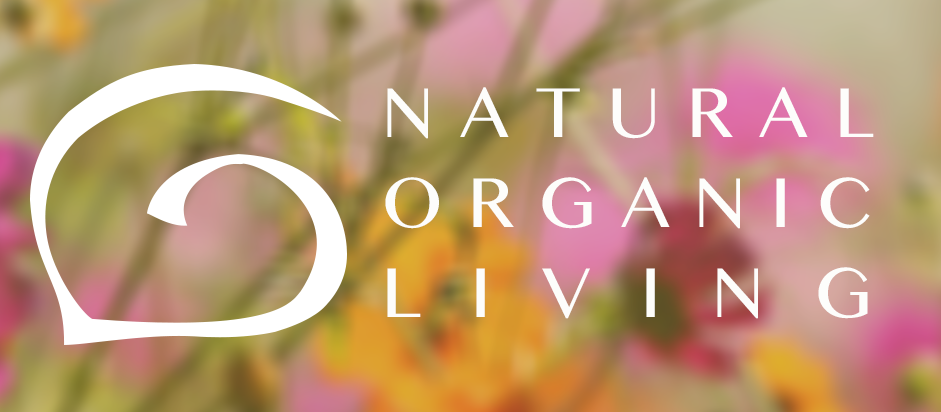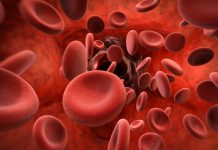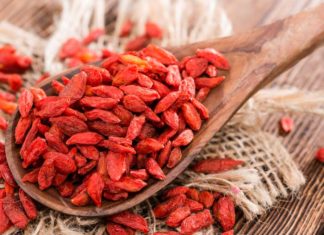
Natural Health and vitality is about looking after oneself. It about maintaining your body, eating the right food to boost your immunity to prevent sickness and illness. Keeping the immune system healthy is very important as it is our defence against lots of diseases. And what you eat has a huge impact on your immune system and your natural health. Certain foods help reduce the chance of getting sick, while others help the natural health recover faster.
What is the immune system?
The immune system is a system of structural and biological processes in a body that protects the body’s organisms from disease by identifying foreign antigens and killing foreign and unwanted organisms, pathogen.
Our immune system consists of two parts, which can be divided into non-specific immune systems and specific immune systems. Non-specific immunological terms also have other names such as natural immunity, innate immunity. Specific immune terminals are also called immunity gained or adaptive immunity.
We have contact with a massive amount of bacteria every day (can be counted to trillions!). Harmful bacteria are everywhere from the air we breath or the water we drink, so there is no escaping from them. That is why a well-functioned immune system that can combat these germs is crucial to our natural health.
To make sure that our immune system is always strong and healthy, we need to take care of ourselves carefully. A way to enhance and support your immune system is to consume healthy natural foods.
Ten foods that should be eaten to boost your immune system and ensure your natural health
Foods rich in iron
Iron is a mineral that plays an important role in immune function. It is responsible for promoting the growth of immune cells and contributing to the cell-mediated immune effector pathways. Iron is especially beneficial for lymphocytes – white blood cells and part of the immune system – in charge of responding to infection. Low iron diets can cause anaemia and weaken the immune system. Researchers have shown that 40% of children with iron deficiency anaemia worldwide also have problems with infections.
That is why for natural health, it is vital, that you, optimise the intake of iron-rich foods, such as meat, poultry, fish, crustaceans, legumes, nuts, and dried fruit.
You can also improve the absorption of iron from food by using iron cookers and pans to cook, avoid tea or coffee during meals.
 Foods rich in iron that help improve immune system
Foods rich in iron that help improve immune system
However, it is important to remember that excessive iron levels can cause harm. Therefore, iron supplements should only be used in the absence of iron, or as directed by a physician.
Foods rich in probiotics
Foods rich in probiotics are thought to help boost the immune system.
Probiotics are beneficial bacteria that live in the intestinal tract and help stimulate the body’s immune system.
They also help maintain the health of the intestinal membrane, helping to prevent unwanted substances from leaking into the body and stimulating the immune response. This helps to reduce the likelihood and severity of the disease symptoms
 Recent assessments suggest that probiotics may reduce the risk of developing upper respiratory tract infections by up to 42%
Recent assessments suggest that probiotics may reduce the risk of developing upper respiratory tract infections by up to 42%
Studies have also shown that when people get sick, those who take probiotics more often need fewer antibiotics by 33%. In some cases, frequent consumption of probiotics can also help the body recover faster when sick
Aside from yoghurt, Probiotic foods also include German pickles, naturally fermented yoghurt, kefir, milkshakes, kimchi, tempeh, miso, natto and kombucha.
Citrus fruit
 Citrus and other foods rich in vitamin C help boost the immune system and help to improve the natural health. This helps reduce the risk of infection and can even speed up the recovery of the body.
Citrus and other foods rich in vitamin C help boost the immune system and help to improve the natural health. This helps reduce the risk of infection and can even speed up the recovery of the body.
Vitamin C in citrus fruits is recognised for its anti-bacterial and anti-inflammatory properties. It helps maintain natural health and acts as a protective barrier against infection
Also, vitamin C acts as an antioxidant, which helps protect immune cells against harmful compounds formed by bacterial or infectious diseases.
Therefore, providing enough vitamin C is a great way to boost the body’s immune system as well as help reduce the chance of infection.
However, it is advisable to increase the intake of vitamin C from plant foods instead of functional foods, as the plant contains more beneficial compounds than functional foods.
Foods rich in vitamin C include bell peppers, guava, dark green vegetables, broccoli, berries, tomatoes, papaya and kidney beans.
Ginger
 Ginger is a regular food in the diet. It reduces the risk of infection and relieves nausea when sick.
Ginger is a regular food in the diet. It reduces the risk of infection and relieves nausea when sick.
Ginger help balance the immune system and make it work properly. It is also believed to be able to enhance the protective functions of the immune system. Ginger is rich in gingerol, a biologically active substance that reduces the risk of infection. In fact, ginger has anti-microbial properties, which can inhibit the growth of certain types of bacteria, including E. coli, Candida and Salmonella. The effects of ginger will be particularly strong if ginger compounds have entered the body before infection. Finally, ginger is also effective against nausea, helping to reduce the symptoms of nausea from the flu.
To support your immune system and natural health with ginger, simply sprinkle fresh or dried ginger on the dish. Also can drink fresh ginger tea or ginger pickled salt as a probiotic-rich dessert between the dishes.
Garlic
As a wonderful food for the immune system, Garlic contains active ingredients that reduce the risk of infection. For example, allicin, a major active ingredient in garlic, is thought to help improve the immune response to colds and influenza.
 Garlic also has antimicrobial and antiviral properties that help it fight off infections and viruses
Garlic also has antimicrobial and antiviral properties that help it fight off infections and viruses
In one study, participants taking a daily allicin diet got 63% fewer colds than the placebo group. Also, when the participants were sick, those taking allicin recovered 3.5-day earlier than those who didn’t
2 to 3 cloves of fresh garlic daily can boost your body’s immune system. Grate garlic and let 10 minutes before cooking can also increase its efficiency.
Berry – best food for a natural health
Berries contain beneficial plant compounds that reduce the risk of viral and bacterial infections. Native Americans have long been known to use berries to treat infections like the common cold. This is because berries have a rich source of polyphenols, a group of beneficial plant compounds with antibacterial properties.
 Studies have also shown that berries and polyphenols have the potential to protect against influenza viruses that cause influenza.
Studies have also shown that berries and polyphenols have the potential to protect against influenza viruses that cause influenza.
For example, quercetin, a berry polyphenol, is thought to be particularly effective in reducing the risk of disease after intense strength training. They even help prevent Staphylococcus, E. coli and Salmonella infections.
Berries also contain a good amount of vitamin C, in addition to their immune enhancing properties.
Coconut oil
 This type of fat in coconut helps protect the body against infections caused by viruses, bacteria and fungi
This type of fat in coconut helps protect the body against infections caused by viruses, bacteria and fungi
Fat from coconut can fight bacteria that cause stomach ulcers, sinusitis, tooth decay, food poisoning and urinary tract infections. Coconut oil contains medium chain triglycerides (MCT), an antimicrobial fat. The most common MCT found in coconut oil is lauric acid, which is converted to monolaurin during digestion. Both lauric acid and monolaurin are capable of destroying harmful viruses, bacteria and fungi
Coconut oil can easily be added to the diet by using it as a substitution to butter or vegetable oil in cooking or baking.
Consuming up to two tablespoons (30ml) of coconut oil a day is enough to enhance your immune system, while still give you room for other healthy fats in your diet, like butter, nuts, olives and flaxseed oil.
However, gradually increase the dose to avoid symptoms such as nausea or vomiting can occur when used in too high doses.
Liquorice
 Liquorice helps your body fight viruses, bacteria and fungi. However, excessive consumption can increase the risk of certain side effects, including high blood pressure
Liquorice helps your body fight viruses, bacteria and fungi. However, excessive consumption can increase the risk of certain side effects, including high blood pressure
Liquorice is a spice made from the dried roots of the Glycyrrhiza glabra. It has been used in traditional herbal medicine in Asia and Europe for thousands of years.
Liquorice tea can boost the immune system as it helps fight bacteria. Studies have shown that liquorice is resistant to certain fungi and bacteria, including E. coli, Candida albicans and Staphylococcus aureus.
Liquorice can also fight flu viruses, gastroenteritis and polio
However, many products contain liquorice also have very high sugar. Try to reduce sugar consumption by choosing low-sugar foods, such as liquorice.
Nuts and seeds
 Fruits and nuts are an excellent source of selenium, copper, vitamin E and zinc, all of which play an important role in immune health
Fruits and nuts are an excellent source of selenium, copper, vitamin E and zinc, all of which play an important role in immune health
Fruits and nuts are rich in nutrients, providing all the health benefits you need. They are rich in selenium, copper, vitamin E, zinc and other nutrients. All of these play a role in maintaining a healthy immune system. Vitamin E is an antioxidant that can boost the immune systems by counteracting free radicals detriment to the cytokine pathways. Zinc is responsibility for stabilising the immune system. Meanwhile, zinc deficiency can expose you to a variety of infectious diseases like pneumonia. Selenium is essential for your immune system and also activates cancer-fighting cells.
Sesame seeds and almonds are particularly rich in copper and vitamin E, while pumpkin seeds and cashew nuts are rich in zinc. For selenium, you can meet daily requirements by eating a Brazil nut each day.
Nuts and seeds are also good sources of fibre, antioxidants and healthy fats, all of which are good for your natural health.
Sweet potato
 Sweet potatoes and other foods rich in vitamin A help strengthen the immune system and reduce the chance of infection.
Sweet potatoes and other foods rich in vitamin A help strengthen the immune system and reduce the chance of infection.
Not absorbing enough foods rich in vitamin A can lead to deficiency, research has shown that this will make the immune system weaker and infection susceptibility higher
For example, one study reported that children with vitamin A deficiency were more likely to suffer from respiratory symptoms by 35% than those with standard vitamin A level.
Another study has suggested that giving children vitamin A supplements will help improve the response to certain vaccines.
However, excessive intake of vitamin A can lead to side effects such as nausea, headache, bone weakness, coma and even premature death – especially if given vitamin A in the form of functional food. Taking vitamin A supplements during pregnancy can increase the risk of congenital malformations. Therefore, it is safest to meet the needs of vitamin A through diet instead of supplements.
Diet plays an essential role in supporting and enhancing the immune system. Frequently consume those foods listed above will help to reduce the frequency of illness as well as help you get over the disease and recover faster, protecting your natural health. If you are concerned about your natural health and want to know more about how to protect the immune system and other important body mechanisms, visit us at https://naturalorganicliving.com.au/













